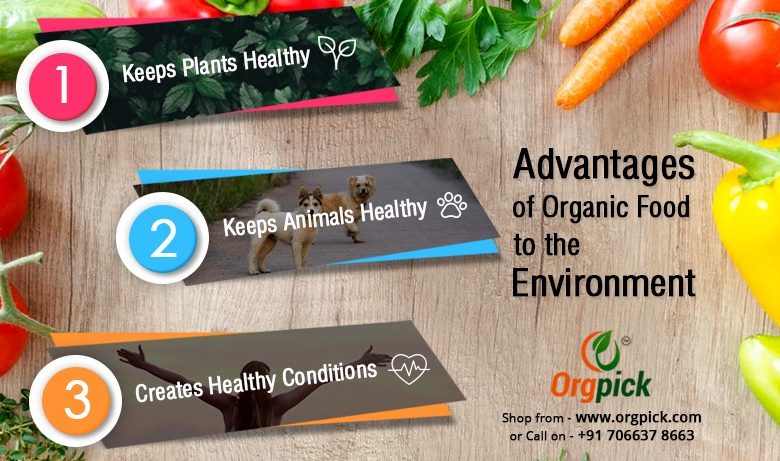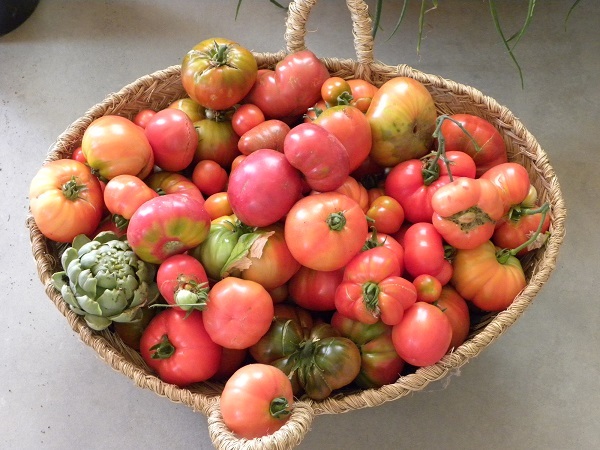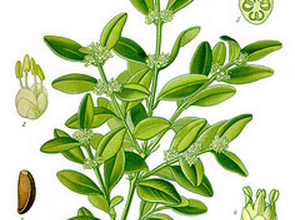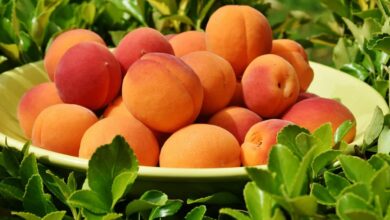Benefits of Organic Food: For your health and that of the planet

In recent years, the organic food sector is the one that has experienced the greatest growth in the entire European food industry. In the 1990s alone, sales increased by more than 300%, and they continue to grow today. In the US, the largest producer and consumer of organic food, they have gone from spending just over 3.5 million dollars on them in 1997, to over 20 million in just ten years. It must be for a reason… don’t you think? The benefits of organic food are many and go beyond its delicious taste.

Organic food in Europe
Spain is the main producer of organic food in Europe. Almost half of European organic products are produced thanks to Spanish Organic Agriculture. Despite this, unfortunately, we are one of the countries that consumes them the least. What we spend on organic products still represents less than 2% of our shopping basket.
But year after year this percentage is increasing as we are becoming aware of the health consequences of «industrial» food from conventional agriculture and the benefits of organic food. It is expected that in this decade the production of organic food will grow at a high rate (more than 20% per year) until it reaches the level of that of other European countries such as Germany, Switzerland, the United Kingdom, France, Italy or Denmark.
Benefits of organic food
1. Health and food safety
They are foods without traces of artificial chemical substances such as pesticides, chemical fertilizers or medicines. The soil and organic crops are not treated with these products, nor are the animals from organic farms fed with plants that are not, nor are they given antibiotics or hormones to keep them healthier, so there can be no traces of products artificial in organic food because they have never been introduced into the production cycle.
In addition, organic cattle are fed with plant products, avoiding problems and risks related to food safety such as the well-known «mad cow» crisis (bovine spongiform encephalopathy) of the 1990s.
I recently read in the magazine “The Fertility of the Earth” (nº35) the following:
» […] an official report from the European Union on pesticides in fruits and vegetables grown in Europe shows us that half of the conventional fruits, vegetables and cereals for sale in European stores and markets are contaminated […] and at least 5 of the 23 most common types of pesticide residues are carcinogenic and affect our endocrine, hormonal and reproductive systems.”
And another fact: a European study entitled «Message in a bottle» warns of the high levels of pesticide residues in wines made with grapes from conventional agriculture. In some of these broths, residue levels were 5,800 times higher than the Maximum Allowable Concentrations (MAC) for tap water.
Undoubtedly, the increasing incidence of serious diseases such as cancer is closely related to poor diet. It is in our power that this ceases to be so. If we care about our health, we must collaborate in raising awareness in the rest of society about the benefits of organic food and the improvement of health through food.
2. Benefits for the Planet
The practice of organic agriculture and livestock has many environmental benefits. It is a tool with which we can produce food without compromising the sustainability of the planet, preventing the depletion or deterioration of natural resources such as soil, water, the atmosphere… In addition to the environmental aspect, Organic Farming also brings benefits in other areas, as you can read in the article « Benefits of Organic Farming and urban gardens «.
In addition, organic food is produced respecting the growth rate of plants and animals, and not forcing them, thus guaranteeing animal welfare.
3. Are organic foods more nutritious?
It is one of the benefits of the best known organic foods. Fresh organic produce has more vitamins and minerals than non-organic food. This is mainly due to the way of farming: to produce conventional foods (intensively), plants are forced to grow very fast thanks to artificial fertilizers, and that means they have less time to incorporate nutrients into the fruits and leaves. which we then eat.
Phytonutrients (including polyphenols and flavonoids) are compounds naturally present in fruits and vegetables and, although they have not been extensively investigated, they are known to be beneficial to health and help us fight diseases. Well, these compounds are much more numerous in organic vegetables than in those that are not, since they are produced as part of the natural fight against pests and, as you know, in conventional cultivation this «fight» of plants against pests is not given because insecticides are already in charge of that.
There are numerous studies that have proven that organic foods are more nutritious than their non-organic counterparts. Some of these studies on the benefits of organic food:
- A study by the Natural Antioxidants Research Group of the University of Barcelona published in the scientific journal «Journal of Agricultural and Food Chemistry» shows that organic tomatoes are more nutritious than conventional ones due to their higher content of polyphenols.
- The winners of the XIII edition of the Nuñez de Prado Award (2011) demonstrated in the study entitled « Phenological compounds with a beneficial effect on health in extra virgin olive oils of the picual variety. Comparative study of organic versus conventional farming» that organic olive oil provides more health benefits than conventional oil.
4. Why does organic food taste better?
Organic foods have a more intense and natural flavor, without the need for added flavorings or aromas. If you have tried them you will know what I mean, their taste is different… much better!
And if you haven’t tried them… I’ll tell you: a few years ago, the Federation of Companies with Organic Products (FEPECO) in collaboration with the Ministry of the Environment carried out a study to assess the organoleptic quality (taste, aroma, texture…) of organic food and it was concluded that these products have a quality level higher than that of non-organic food.
5. Farmworker health and fair trade
On many conventional farms and ranches (especially those in developing countries) workers are exposed to high health risks because they do not have adequate protection against the enormous pollution caused by pesticides.
In addition, many of the organic products on the market are subject to Fair Trade, which guarantees that farmers will sell their products at reasonable prices, never less than their value.
As you can see, there are many advantages and benefits of organic food. In addition, if they are cultivated in the cities, the advantages increase. Organic urban gardens bring many benefits to modern cities.
The disadvantage of organic food?: The price
The price of these foods in supermarkets and conventional stores is higher than that of conventional products.
Against this you can choose to:
- Grow a garden at home.
- Go to cooperatives and associations for the consumption of organic products (where you can buy them at a lower price).
- Buy them directly from organic producers in local markets or on the farms themselves, saving you the money that intermediaries would take.
Even so, it is possible that in some cases the price is a little higher than conventional food, but with all the benefits of organic food, do you really think that it is not worth it?




